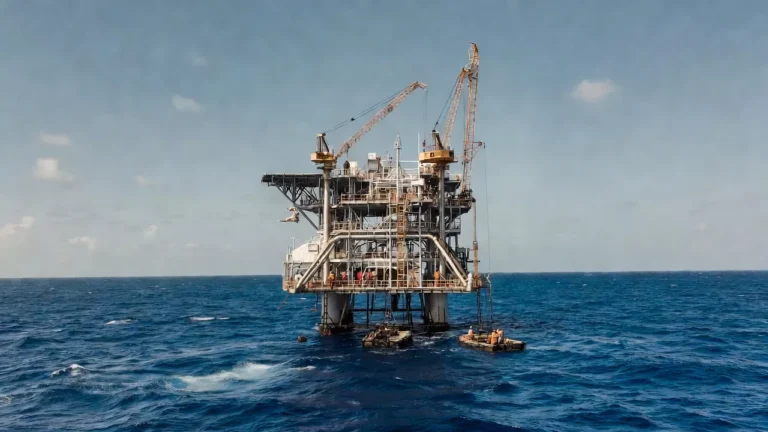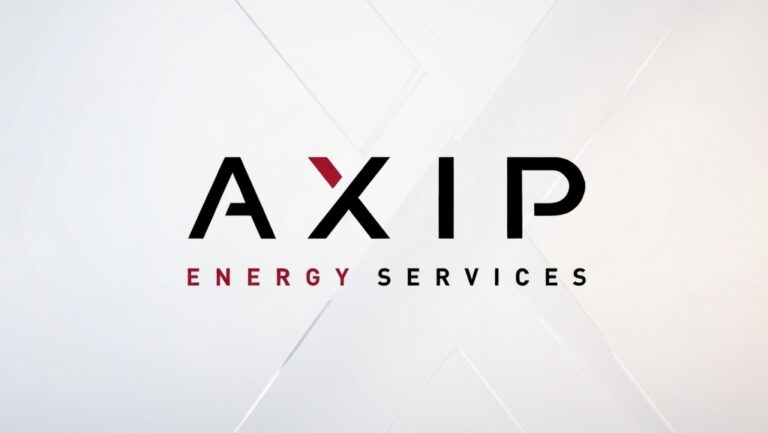
Clean Energy Posts $103.8M Revenue, Sells 50.6M RNG Gallons in Q1 2025
Clean Energy Fuels Corp. recently released its financial and operational results for the first quarter of 2025. The company reported steady revenue while navigating a challenging market landscape shaped by non-cash charges, changing fuel credit dynamics, and weather-related operational headwinds.
Financial Overview
Clean Energy posted total revenue of $103.8 million in Q1 2025, maintaining nearly flat performance compared to the $103.7 million recorded in Q1 2024. However, the company experienced a significant net loss attributable to shareholders of $(135.0) million, or $(0.60) per share, based on Generally Accepted Accounting Principles (GAAP). This compares to a net loss of $(18.4) million, or $(0.08) per share, in Q1 2024. The substantial year-over-year increase in net loss was largely driven by non-cash charges totaling $(115.0) million, comprised of a $(64.3) million goodwill impairment and $(50.7) million in accelerated depreciation due to the retirement of certain LNG assets.
Despite the headline net loss, Clean Energy reported positive performance in key adjusted financial metrics. Adjusted EBITDA improved to $17.1 million, up from $12.8 million in Q1 2024, reflecting a stronger underlying operating performance. The company’s liquidity position also improved, with total cash, cash equivalents (excluding restricted cash), and short-term investments reaching $226.6 million as of March 31, 2025, compared to $217.5 million at the end of December 2024.
Operational and Strategic Developments
Clean Energy continued to expand its renewable natural gas (RNG) initiatives in Q1 2025 by securing new supply agreements. The company signed contracts with transit agencies in Michigan, Texas, and Alabama to provide RNG for their fleets. These agreements are aligned with Clean Energy’s broader strategy to position RNG as a cost-effective, low-emission fuel alternative in heavy-duty transportation sectors.
A notable challenge in the first quarter was a 12.8% decline in RNG volumes sold year-over-year, totaling 50.6 million gallons. The drop in volume was primarily due to colder-than-usual winter weather, which constrained RNG production in January and February.
In addition, the company resumed its share repurchase program, utilizing its remaining $26.1 million authorization as of the end of March 2025. This signals confidence in the long-term fundamentals of the business despite near-term volatility.
CEO Commentary
President and CEO Andrew J. Littlefair expressed optimism despite the financial headwinds. He emphasized the company’s recurring revenue from long-standing relationships with transit and waste management sectors, and reiterated his belief that RNG remains the “commonsense” solution for decarbonizing heavy-duty trucking.
Littlefair highlighted the growing adoption of RNG-powered vehicles in Clean Energy’s fueling network across the U.S. and Canada, and the company’s strategic focus on supporting the market launch of Cummins’ X15N natural gas engine. He noted that apart from non-cash accounting adjustments, Q1 2025 demonstrated operational resilience and generated a net increase in cash and investments. “We believe common sense wins in the end,” he said.
Detailed Review of Revenue Drivers and Non-Cash Adjustments
Revenue in Q1 2025 was impacted by several notable items. The company recognized $17.3 million in non-cash contra-revenue due to stock-based sales incentives issued under a warrant agreement with Amazon.com NV Investment Holdings LLC, compared to $12.9 million in similar charges in Q1 2024. These “Amazon warrant charges” are tied to the fuel volumes sold to Amazon and are accounted for as a reduction in revenue.

A significant shift occurred with the expiration of the federal Alternative Fuel Tax Credit (AFTC) on December 31, 2024. This resulted in $0 AFTC revenue for Q1 2025, in contrast to $5.4 million recognized in Q1 2024. Station construction revenues remained unchanged year-over-year at $5.6 million.
The company also posted an unrealized loss of $0.6 million related to commodity swaps and customer fueling contracts under the Zero Now truck financing program, compared to a $1.6 million gain in Q1 2024.
Revenues from environmental credits—Renewable Identification Numbers (RINs) and Low Carbon Fuel Standard (LCFS) credits—totaled $9.0 million in Q1 2025, up slightly from $8.6 million in Q1 2024. The increase stemmed from a $4.0 million gain in LCFS revenues tied to credit sales, which was partially offset by a $3.6 million decline in RIN revenues due to falling credit prices and reduced volumes.
Non-GAAP Results and Adjustments
Clean Energy’s non-GAAP net income per share came in at $0.01 for Q1 2025, an improvement from a $(0.01) per share loss in Q1 2024. This metric excludes the impact of non-cash and non-recurring charges, offering a clearer view of the company’s core operational earnings.
The company continues to present both GAAP and non-GAAP financial data to provide a comprehensive view of its performance. Management believes that metrics like Adjusted EBITDA and non-GAAP income (loss) per share offer valuable insights into recurring operating trends and resource allocation efficiency.
Additional Charges and Expenses
Q1 2025’s net loss was affected by several additional items beyond the goodwill impairment and accelerated depreciation. The Amazon warrant charges were higher year-over-year, correlating with increased fuel volumes sold to Amazon. Additionally, losses from equity method investments rose, reflecting ramp-up costs in Clean Energy’s dairy RNG joint ventures.
Selling, general and administrative (SG&A) expenses increased by approximately $1.3 million compared to the prior year, primarily due to incremental costs tied to specific fueling infrastructure projects. These investments are expected to support long-term growth and enhance service reliability.
Clean Energy remains focused on expanding its RNG supply chain, enhancing partnerships, and supporting the infrastructure for alternative fuel vehicles. The company believes that the commercialization of the Cummins X15N engine and expansion of RNG production from dairy waste will be critical catalysts for growth.
Despite ongoing volatility in fuel credit markets and macroeconomic uncertainty, Clean Energy maintains a strong cash position and continues to execute on its strategic goals. The company appears well-positioned to capitalize on the long-term transition toward cleaner transportation solutions.










